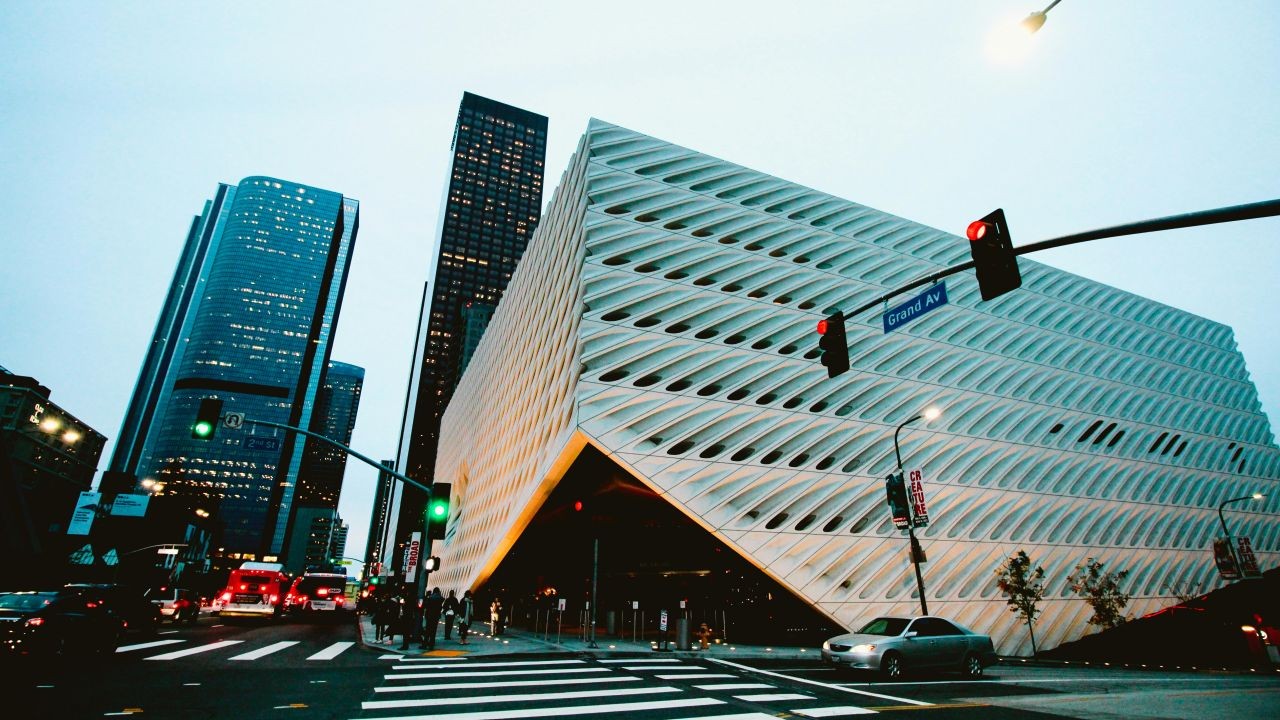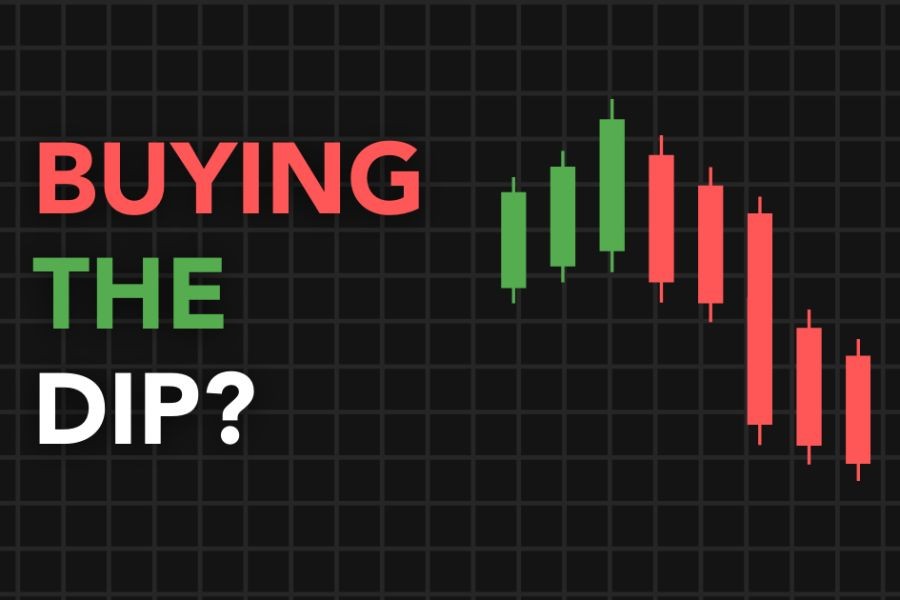New Zealand Fashion Week (NZFW) has emerged not only as a significant event in the fashion calendar but also as a powerful platform for global exposure, spotlighting Kiwi talent on the international stage. This transformation didn't happen overnight; it is the result of strategic vision, adaptability to global trends, and a commitment to sustainability, aligning perfectly with New Zealand's broader economic and cultural objectives.
The Evolution of New Zealand Fashion Week
Launched in 2001, NZFW has grown from a domestic showcase to an internationally recognized event. The fashion industry in New Zealand contributes approximately NZD 3.8 billion annually to the economy, according to a report by NZTE, and employs over 25,000 people. NZFW plays a crucial role in this ecosystem by providing designers with a platform to showcase their work to international buyers, media, and fashion enthusiasts.
Sustainability at the Forefront
New Zealand's commitment to sustainability is well-reflected in its fashion industry. Designers are increasingly adopting eco-friendly practices, from using sustainable materials to implementing ethical production processes. According to Stats NZ, the country aims to reduce its carbon footprint by 30% by 2030, a goal that is mirrored by many fashion brands participating in NZFW.
Case Study: Karen Walker – A Global Ambassador
Problem: Karen Walker, a prominent New Zealand designer, sought to expand her brand internationally. Despite her success in New Zealand, she faced the challenge of breaking into competitive global markets.
Action: Walker leveraged NZFW as a springboard, using the event to launch new collections and gain international media attention. Her commitment to sustainability and innovative designs resonated with global audiences.
Result: Karen Walker's brand is now sold in over 40 countries, with substantial growth in markets such as the United States and Japan. Her participation in NZFW was pivotal in establishing her brand's international presence.
Takeaway: NZFW provides a valuable platform for designers to gain international exposure. By aligning with global trends such as sustainability, Kiwi designers can enhance their appeal to overseas markets.
Pros and Cons of New Zealand Fashion Week's Global Impact
✅ Pros:
- Global Exposure: NZFW attracts international media and buyers, offering designers a chance to reach new markets.
- Economic Growth: The event boosts tourism and local businesses, contributing significantly to New Zealand's economy.
- Sustainability Focus: By promoting eco-friendly practices, NZFW aligns with global sustainability trends, enhancing its relevance.
❌ Cons:
- High Costs: Participating in NZFW can be expensive for emerging designers.
- Market Saturation: The global fashion market is highly competitive, making it challenging for new entrants to stand out.
- Logistical Challenges: Coordinating an international event requires significant resources and planning.
Debunking Myths About New Zealand Fashion Week
Myth: NZFW is only for established designers.
Reality: NZFW actively supports emerging talent through initiatives like New Generation Show, providing a platform for new designers to showcase their work.
Myth: Sustainability is just a trend.
Reality: Sustainability is a core value of many NZFW participants, reflecting a long-term commitment to ethical practices.
The Future of New Zealand Fashion Week
As global consumer preferences shift towards sustainable and ethical fashion, NZFW is well-positioned to lead the charge. According to a Deloitte report, the global sustainable fashion market is projected to grow by 9.7% annually over the next five years, presenting significant opportunities for New Zealand designers.
Moreover, technological advancements such as virtual reality and AI are set to revolutionize fashion shows, offering new ways to engage with international audiences. By embracing these innovations, NZFW can enhance its global reach and influence.
Biggest Mistakes to Avoid in Fashion Exporting
- Ignoring Sustainability: Consumers are increasingly demanding ethical fashion. Brands must integrate sustainable practices to remain competitive.
- Overlooking Market Research: Understanding international markets is crucial. Utilize resources like NZTE’s market insights to tailor your approach.
- Neglecting Digital Presence: A strong online presence is essential for global success. Leverage social media and e-commerce platforms to reach wider audiences.
Final Takeaways
- NZFW is a pivotal platform for global exposure, benefiting both established and emerging designers.
- Sustainability is not just a trend but a fundamental aspect of New Zealand's fashion industry.
- Embracing technology and innovation will be crucial for future growth and international reach.
What are your thoughts on the role of NZFW in promoting sustainability? Share your insights below!
People Also Ask
- How does NZFW impact New Zealand's economy? NZFW boosts tourism and local businesses, contributing significantly to the economy, with annual contributions of approximately NZD 3.8 billion.
- What are the biggest misconceptions about NZFW? A common myth is that NZFW is only for established designers. In reality, it supports emerging talent through initiatives like the New Generation Show.
- How can designers benefit from participating in NZFW? Designers gain international exposure, connect with media and buyers, and align with global sustainability trends, enhancing their brand appeal.
Related Search Queries
- New Zealand Fashion Week 2023 highlights
- Emerging designers at NZFW
- Sustainable fashion trends in New Zealand
- How to participate in New Zealand Fashion Week
- Impact of NZFW on local businesses
By embracing sustainability and innovation, New Zealand Fashion Week continues to pave the way for Kiwi designers on the global stage. Share this article with your network to spread the word about the exciting developments in New Zealand's fashion industry!































